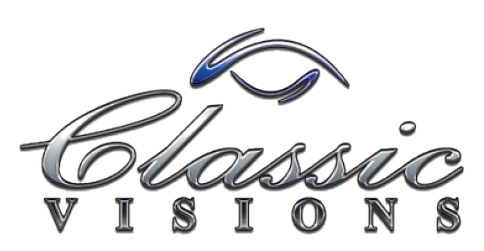What to expect from your visit to the eye doctor
- Russell Hunte

- Nov 10, 2021
- 3 min read
Updated: Jul 7, 2023
5 things you must know before you go and how to ensure you are getting it done right.

What to Expect at Your Eye Doctor Visit
An eye doctor visit can be a bit daunting, especially if you've never had one before. But don't worry, there's no need to be afraid. Here's what you can expect during your eye doctor visit:
What Happens Before Your Appointment Before your appointment, you'll need to provide some basic information to your eye doctor, such as your medical history and any current medications you're taking. You may also be asked about your family history of eye problems. If this is your first time seeing this eye doctor, you'll also need to provide a copy of your most recent eyeglass or contact lens prescription.
What Happens During Your Appointment
Your eye doctor will start by asking you about your vision and any changes you've noticed. They'll then perform a series of tests to assess your vision and eye health. These tests may include:
Refraction test: This test measures the focusing power of your eyes.
Visual acuity test: This test measures how well you can see at different distances.
Ophthalmoscopy: This test allows your eye doctor to look at the inside of your eye.
Dilation test: This test uses eye drops to widen your pupils, so your eye doctor can get a better look at the back of your eye.
What Happens After Your Appointment
After your eye doctor has completed your exam, they'll discuss the results with you. They may recommend that you make changes to your glasses or contact lens prescription, or they may refer you to a specialist if they find any problems with your eye health.
What to Bring to Your Eye Doctor Visit Here's a list of things you should bring to your eye doctor visit:
Your insurance card
Your identification
Your method of payment
Your most recent eyeglass or contact lens prescription
Any other relevant medical records
Sunglasses (if you're having your pupils dilated)
What to Expect After Your Eye Doctor Visit
If you have any questions or concerns after your eye doctor visit, don't hesitate to ask your doctor. They'll be happy to answer your questions and help you understand your results.
Tips for a Successful Eye Doctor Visit
Here are a few tips to help you have a successful eye doctor visit:
Get a good night's sleep before your appointment. This will help you be more alert and focused during your exam.
Eat a light breakfast before your appointment. This will help you avoid feeling nauseous during the dilation test.
Bring a list of your current medications. This will help your eye doctor avoid prescribing any medications that could interact with your current medications.
Be honest with your eye doctor about your vision and any changes you've noticed. The more information you can provide, the better your eye doctor will be able to assess your vision and eye health.
Ask questions. If you don't understand something, don't be afraid to ask your eye doctor to explain it to you.
Conclusion An eye doctor visit can be a bit daunting, but it's important to make regular appointments to see your eye doctor. This will help you catch any potential eye problems early, when they're most easily treated. By following the tips above, you can have a successful eye doctor visit and ensure that your vision is in good health.
Here are some additional things to keep in mind:
Eye doctor visits are covered by most vision insurance plans. However, you may have to pay a co-pay.
If you're over 40, you should have an eye exam every year. If you have any risk factors for eye diseases, you may need to have more frequent exams.
If you have any concerns about your vision, don't wait to see an eye doctor. Early detection and treatment of eye problems is essential for preserving your vision.




Comentarios